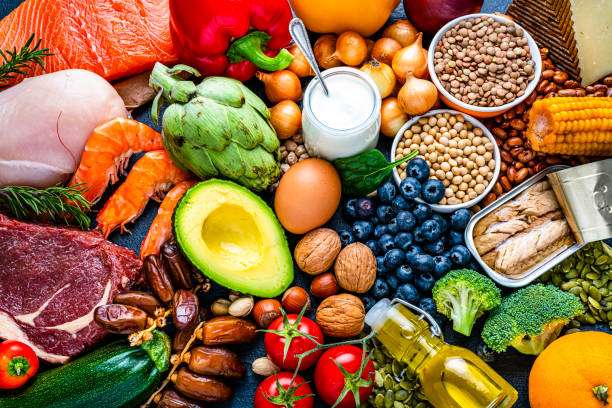With my interest in health and fitness, I decided to learn more on how nutrition affects your athletic performance. The article by Melissa Del Mistro, dives deep into the importance of nutrition for runners to help them achieve the right balance between energy and recovery. I like how she resists labeling foods as good or bad and approaches nutrition with an open, non-restrictive mindset which aligns with my values. Melissa interviews a nutrition expert, Lauren, a registered dietitian and Ironman Triathlete, who specializes in helping endurance athletes meet their nutritional needs.

Main tips from the article include the importance of carbohydrate intake, protein needs, and hydration strategies. The article states that carbohydrates are our main energy source for both our brain and muscles. Because of this, increasing or decreasing their intake can drastically impact your performance. As a runner myself, I have found that dates are the perfect pre workout for quick sugars and carbs before long runs.
As noted, inadequate carbohydrates will negatively impact your performance potential, energy, and recovery. Additionally, participating in rigorous movement will burn carbs at a higher rate than slower, easier workouts. This makes intense workouts key to fuel beforehand. I like how the author speaks about how society has painted carbs in a negative light. With more knowledge we now know to embrace the need for carbohydrates and unlock better performance.
Protein is also an essential macronutrient as it is the building block of muscle and is vital for muscle recovery and repair, hormone production, and energy production. To maximize your potential and properly fuel your body, you must intake protein several times in a day to continue to rebuild and repair. My favorite ways to intake protein are through protein packed smoothies, cottage cheese recipes, miso salmon, and chicken gyro bowls.
While healthy fats are the main components of satiety and enjoyment, they are also an integral piece to hormone production, recovery, and decreasing inflammation. The author breaks down fats in terms of “good fats” or “healthy fats” and others as “bad fats.” The fats we should prioritize are walnuts, pistachios, almonds, seeds, olive oil, hummus, tahini, olives, guacamole, and avocado.
Incorporating fat in all meals will help your body absorb the fat-soluble vitamins in foods and break down the nutrients, leading to increased enjoyment of your meals and feeling fuller for longer after you eat.
Electrolytes and proper hydration are sometimes lost in the middle. I have found that hydration is key for any runner. I always hydrate with coconut water which helps restore lost electrolytes.
Here are some tips directly from the article that Lauren suggests:
- Aim for half your body weight in fluid ounces each day, which can be any liquid outside of alcohol.
- Consider how much and how long you are sweating and add in electrolytes to replenish based on the milage / impact
- For runs longer than 1 hour, prioritize getting in electrolytes
- For runs 90 minutes or longer, you need to take in carbohydrates for fuel which can be gels, fruits, mini potatoes, etc.
Most Importantly is a tip that I resonated with the most: avoid thinking of food as less is always better or having a good vs bad mindset. Eat foods that leave you feeling energized, strong, and ready to tackle the day. By incorporating these nutrition tips and figuring out what works best for you, you will make a noticeable difference in your runs and recovery.
